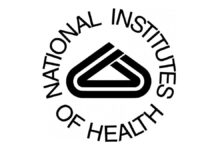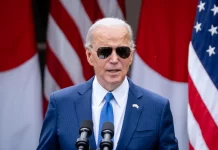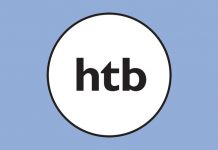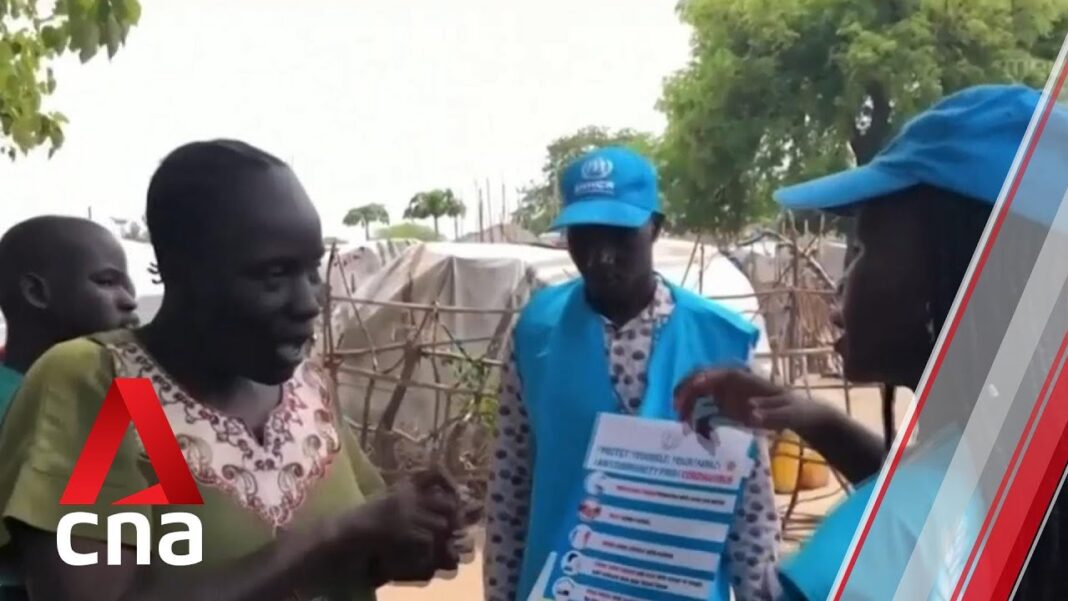BRUSSELS/BANGKOK, Dec 16 (Reuters) – Tens of millions of migrants may be denied COVID-19 vaccines from a global program because some major manufacturers are worried about legal risks from harmful side effects, according to officials and internal documents from Gavi, the charity operating the program, reviewed by Reuters.
Nearly two years into a pandemic that has already killed more than 5 million people, only about 7% of people in low-income countries have received a dose. Vaccine deliveries worldwide have been delayed by production problems, hoarding by rich countries, export restrictions and red tape. Many programs have also been hampered by hesitancy among the public read more.
The legal concerns are an additional hurdle for public health officials tackling the coronavirus – even as officials say unvaccinated people offer an ideal environment for it to mutate into new variants that threaten hard-won immunity around the world. Many COVID-19 vaccine manufacturers have required that countries indemnify them for any adverse events suffered by individuals as a result of the vaccines, the United Nations says.
Where governments are not in control, that is not possible.
The concerns affect people, such as those displaced by the Myanmar, Afghanistan and Ethiopian crises, who are beyond the reach of national governments’ vaccination schemes.
For refugees, migrants and asylum-seekers, as well as people afflicted by natural disasters or other events that put them out of reach of government help, the global program known as COVAX created a Humanitarian Buffer – a last-resort reserve of shots to be administered by humanitarian groups. Gavi, the vaccine alliance, is a public-private partnership set up in 2000 to promote vaccination around the world.
But that buffer does not have any mechanism to offer compensation. Gavi, which operates COVAX with the World Health Organization (WHO), says that where those applying for doses, mainly NGOs, can’t bear legal risks, deliveries from that stockpile can only be made if vaccine-makers accept liability.
The companies that are willing to do so under these circumstances provide only a minority of the programme’s vaccines, according to people familiar with the matter and the documents, written by Gavi staff for a board meeting starting at the end of November.
More than two-thirds of COVAX doses have come from Pfizer Inc. (PFE.N) and its partner BioNTech SE (22UAy.DE), AstraZeneca PLC (AZN.L) and Moderna Inc. (MRNA.O), Gavi says. Moderna declined to comment. AstraZeneca and Pfizer said they were in talks with Gavi but declined to comment further. All three said they are committed to making doses available to poorer nations at relatively low prices. Pfizer said it was collaborating directly with governments in Jordan and Lebanon to donate doses for refugees.
Mainly because of the legal concerns, less than 2 million doses have so far been sent from the buffer, Gavi says. About 167 million people risk being excluded from national programmes, according to United Nations data cited in the documents.
Unless all the firms accept legal liability, “access to vaccines for some populations will remain a challenge,” the Gavi documents say, adding that new crises will generate additional demand to cover displaced populations.
By Francesco Guarascio and Panu Wongcha-um














































